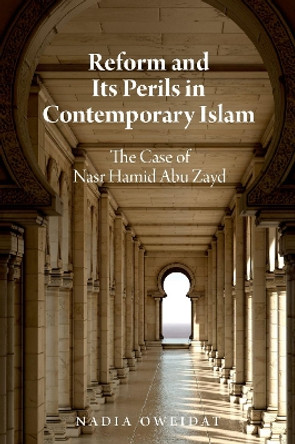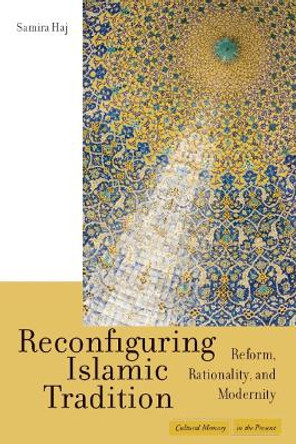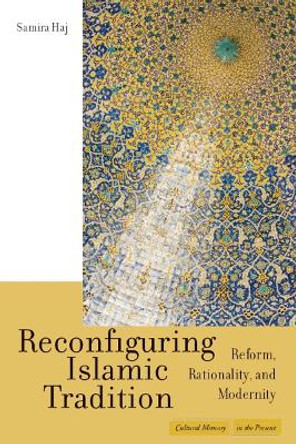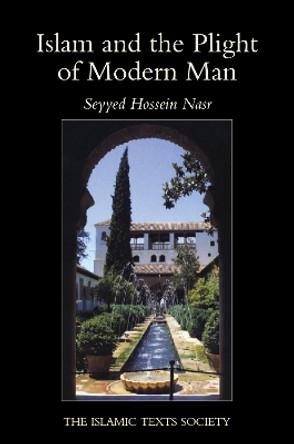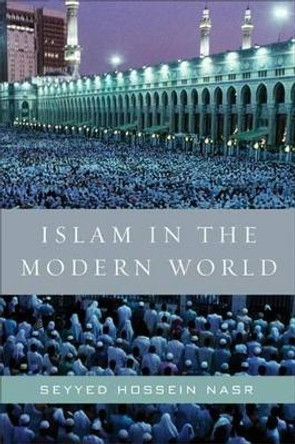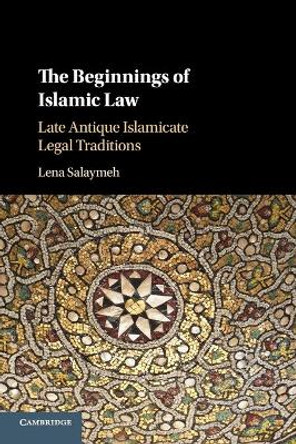Description
About the Author
Nathan Spannaus is a specialist in Islamic intellectual history and religious thought. He is a graduate of McGill University's Institute of Islamic Studies and Harvard's Deparment of Near Eastern Languages aand Civilizations, and he has held positions at Princeton and Oxford. His work has appeared in Islamic Law and Society, Muslim World, Arabica, and Journal of the Economic and Social History of the Orient, and he has contributed to the Oxford Handbook of Islamic Theology, the Encyclopedia of Islam and the two-volume Modern Islamic Authority and Social Change. He is currently a postdoctoral researcher in Islamic philosophy at University of Jyvaskyla, Finland.
Reviews
I would highly recommend this book to scholars, researchers and postgraduate students working within the Islamic legal and theological tradition. Spannaus has presented Qursawi's views in a scholarly manner that critically examines key terminologies that continue to be used today within usul al-fiqh and kalam. * Imranali Panjwani, Religion, Vol 52, no.1 *
Preserving Islamic Tradition is a milestone in the study of the history of Islamic ideas not only in the Volga-Ural region but also the history of Islamic ideas as a whole. Nathan Spannaus has shown a new direction to the scholars of Islamic thought for future research. * The Washington Book Review *
In his research, Nathan Spannaus has used published and unpublished works in Arabic and Tatar and other languages. Many of these sources were unknown to western scholars of Islam. The result is a meticulously researched scholarly work. Preserving Islamic Tradition is a milestone in the study of the history of Islamic ideas not only in the Volga-Ural region but also the history of Islamic ideas as a whole. Nathan Spannaus has shown a new direction to the scholars of Islamic thought for future research. * The Washington BookReview 22/11/2019 *
This book is a watershed in the study of Islamic intellectual history in the Volga-Ural region. Combining several subdisciplines and primary sources in various languages that are rarely commanded by a single scholar, Spannaus is able to demonstrate how a region and a scholar positioned at various sorts of so-called peripheries -- between Europe and Islam, the pre-modern and modern, the pre-colonial and colonial -- participated in reforming and preserving the contours of the broader Islamic tradition. * Asad Ahmed, Associate Professor of Arabic and Islamic Studies, University of California, Berkeley *
Nathan Spannaus has set a new standard for how to approach Muslim scholars in the late Russian Empire. Rather than base his study on later modernist or Soviet-era interpretations of Abu Nasr Qursawi's scholarship, Spannaus has studied Qursawi's published and unpublished works in Arabic and Tatar, as well as a wide range of sources in other languages. The result is a view of Qursawi as a unique and original local voice within the diverse transregional world of post-classical Islamic thought in the eighteenth and nineteenth centuries. * Uli Schamiloglu, Department of Kazakh Language and Turkic Studies, Nazarbayev University *
Book Information
ISBN 9780190251789
Author Nathan Spannaus
Format Hardback
Page Count 352
Imprint Oxford University Press Inc
Publisher Oxford University Press Inc
Weight(grams) 635g
Dimensions(mm) 160mm * 236mm * 33mm


